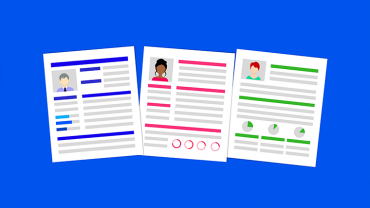Due to the outbreak of Covid-19, also known as the Coronavirus, we have all recently witnessed our way of life rapidly change.
The global economy has been significantly affected, people are worried about their security, we are exercising social distancing, and as a nation, doing what we can to stop the further spread of the Coronavirus.
What is Social Distancing?
Social distancing is exactly that, distancing ourselves from all unnecessary social interactions. We have been advised by the government to stay at home, to avoid any crowds, and to keep a distance of at least 2 meters if we do come into contact with others.
Pubs, clubs and restaurants have been asked to close in order to keep the public from congregating and being in close proximity to one another. Many other non-essential retail shops have also been asked to closed their doors in support of social distancing and aiding in curbing the spread of COVID-19.
Why is Social Distancing so Important?
Social distancing is important because it slows down the spread of the Coronavirus, this slowing down of the spread, also known as flattening the curve, will help to alleviate the NHS from being overwhelmed.
Flattening the curve ensures that those who need hospital care will get it, and as a result, many lives will be saved.
Stopping The Spread
As the virus is so contagious and can be transferred so easily, it is imperative that we make sure we frequently wash our hands, disinfect and clean all surfaces at home. We need to also refrain from social interactions, arrange for your shopping to be delivered if you can, and do not share towels, toothbrushes or utensils with anyone, including members of your family. 60
If we can implement all these precautionary actions, we give ourselves the best chance of a swift recovery.
What Changes Have Been Made to The DBS ID Verification Procedure as a Result of Social Distancing?
In order to support the government’s efforts, there will be temporary changes to the way DBS ID Verification procedures will be conducted.
As it stands, the best practice for validating ID documentation is to carry out a face-to-face examination, however if this is not possible, there is the option of conducting a live video call as an alternative.
Current guidance stipulates that the ID checker must physically possess the original documents, in order for them to be thoroughly checked for any possible indicators of fraud.
Seeing as the public have been advised to not travel, and to work from home when possible, there have been significant difficulties in receiving the physical documentation, which in turn is delaying applications, and in some cases has prevented applications from being submitted.
In order to ensure that the DBS is able to carry out the necessary checks at this time, ID documents are now to be viewed over a video link, and scanned images used prior to the submission of the DBS check.
However, when the applicant first attends their position, they will be required to provide original copies of their documents. These changes came into effect on Thursday 19th March 2020.









